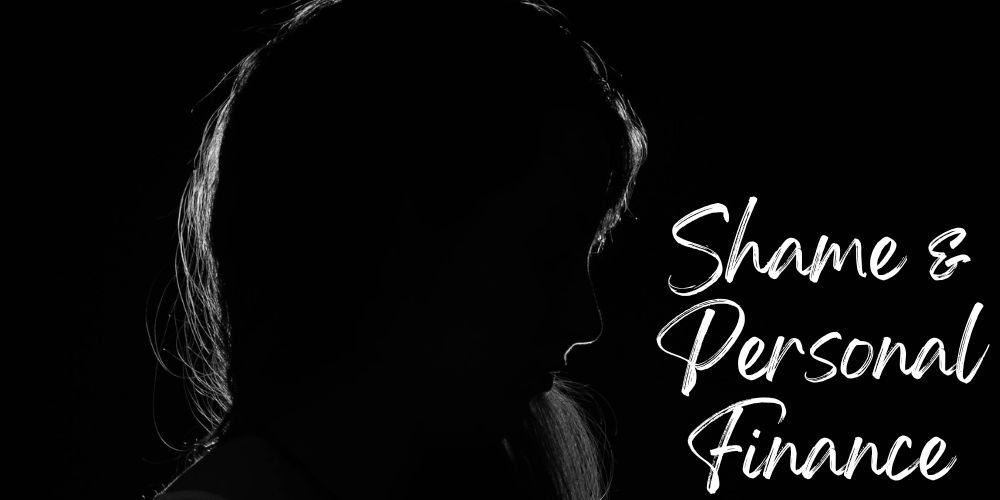Do you dream of pursuing fulfilling work while also being financially secure?
With so much talk about financial freedom in the personal finance space, have you ever stopped to consider what that means? And how can it happen to you?
What is financial freedom?
Generally, financial freedom is considered to be a place financially where you can live the life you want from your savings and investments.
Financial Freedom is flexible
One person’s picture of financial freedom may look different than your own. To one person, financial freedom may simply mean living their existing lifestyle with some minor adjustments.
While to another, travel, building a home, and caring for relatives may be part of feeling like they have achieved financial freedom.
Financial freedom doesn’t have to exclude work, though you may still choose to partake in some kind of work.
Maybe, you just want to be in a place where you don’t have to stress about money if an unexpected car repair comes up.
What does financial freedom mean to you?

What is Your Definition of Financial Freedom?
While the general meaning of financial freedom means not having to work and live off savings and investments, it is different for every person.
What are your dreams?
If money didn’t matter, how would you spend your time? What things would you pursue?
How would you prefer to fill up your day? Spending time with family? Traveling? Hobbies?
This is important to consider if you want to pursue financial freedom because these are the things that make life enjoyable.
What are your goals?
What financial goals are you trying to accomplish within a certain timeline?
Paying off student debt? Saving for a down payment? Early retirement?
Having as few liabilities as possible is the point of financial freedom. While finances are never 100% risk-free, you can limit liabilities by paying off debts and planning for future expenses.
What are your responsibilities?
Do you have children or other relatives that you are responsible for (financially or otherwise)? Do you, or someone in your family, have health issues that need to be considered?
Responsibilities need to be taken into account for your overall financial picture, both today and in the future.
Are there responsibilities you wish you could take on but are financially unable to (like helping out a friend or family member)? This is something to consider if you want to pursue financial freedom.
What does financial freedom look like to you?
Do you want to be able to maintain your existing lifestyle or do you want to change it? Each change will have a financial impact.
Taking the First Step
Maybe retirement is so far off, you don’t even want to consider it.
Consider what financial freedom can look like in the short term. It can be anything from paying off a credit card balance to paying for unexpected expenses with cash instead of debt.
Anytime you are trying to get your finances in order, it’s good to set out small, manageable wins. It keeps you motivated!

Importance of a Written Budget
If “financial freedom” sounds like something you want, but don’t know where to start, start with a written budget!
No matter what season you are in financially, it is never too late to start budgeting.
There are many apps and programs out there that help you set up a budget. However, I recommend starting with a spreadsheet. I have a step-by-step guide here. I recommend this (at least to start) so that you can become very familiar with your existing spending habits and know what needs adjusting.
After you become familiar with your new budget and spending habits, it can be helpful to move to an app to speed up monthly budgeting.
Additional Considerations to Achieve Financial Freedom
1 - No debt - including mortgage paid off
Debt, by nature, adds insecurity to your finances. Your home or car isn’t fully yours until it is paid off.
With this insecurity, it’s not possible to fully experience financial freedom until you are debt-free.
2 - Retirement well funded
“Well-Funded” is relative. There are projections for how much you need to save by your age. It honestly just depends. Factors such as where you live, taxes, plans for post-retirement, etc. contribute to the goal amount for your retirement savings.
The best time to fund retirement is as early as possible. The best asset in investing is time, so the earlier the better.
However, this is not always possible, especially if you have a lot of debt early on in adulthood.
Saving for retirement should be a big priority if you want to pursue financial freedom.
3 - Goals and dreams are defined so that you know what you are saving for
I find it hard to be motivated to do something if I don’t know what the result is. It feels aimless and a waste of time.
If you want to have financial freedom, it’s helpful to outline your goals and dreams so that you know what you are working toward.
Goals and Dreams may change
While I think it is helpful (and often necessary) to write down or articulate goals and dreams in the budgeting phase, these things can change over time.
You may decide to make a big life change that you hadn’t seen coming a few years ago. This may be moving to a different city/state, taking on a new career path, etc.
This is okay! Re-adjust what financial freedom looks like to you as life changes happen.
A personal note
While my husband and I have some specific goals (paying off the house early, for example), our lives look differently than we anticipated just a couple of years ago. We are in the process of considering some pretty big life decisions which will drastically affect our finances.
That said, although I do not stress about finances much these days, we are nowhere close to the general outline of what is considered “financial freedom”. We both have to work.
However, I am grateful that we have been able to pay down our mortgage so much and contribute to retirement as well as pursue some other hobbies and goals.
Although I personally don’t consider myself in the “financial freedom” category, I rarely stress about finances – and that can be pretty freeing itself!
What is your first step toward financial freedom?



